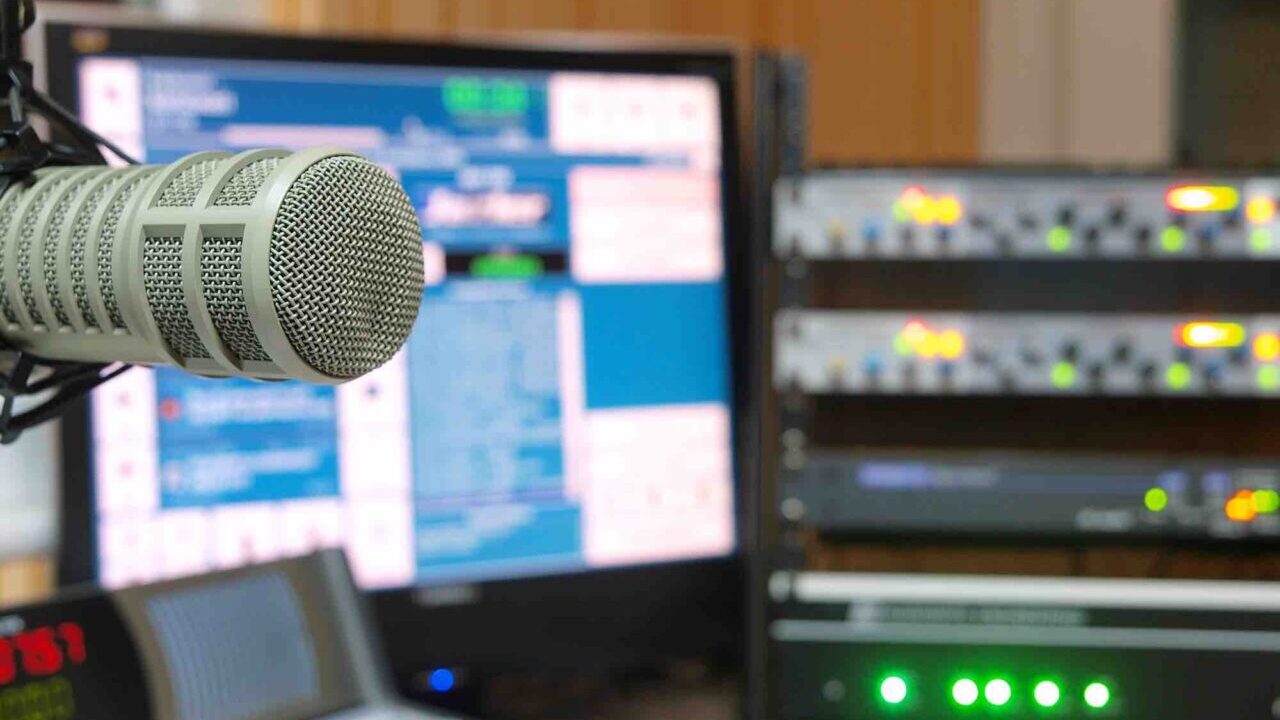It’s the oldest story in the world, and it’s bound to repeat itself on a loop: a new technology arrives and threatens to supplant a job done by humans. A dynamic that makes us think even more if these human beings, in addition to a technical work, carry out an artistic task, made up of emotion and soul. The disc jockeys, commonly called DJs, of the radios for example, who could now be definitively replaced by theartificial intelligence on ChatGPT.
Axios Cleveland reports that a local company called Futures presented a product called RadioGPT. It’s a GPT4-based AI which, at least theoretically, it is capable of doing most of the work of managing a radio station, without any human manpower.
RadioGPT can therefore program a schedule, manage a musical lineup and even mix tracks in queue. Not only that, the AI is able to report the weather forecast and the news of the day, just like in the usual radio program strips. But in a radio, as we know, there is also an editorial staff: the programs must be written and the social media must be updated, as well as the blogs and websites of the platform. Well RadioGPT is able to do this toothus replacing the work of DJs, speakers, editors, schedule managers and more.
ChatGPT AI comes to radios
In a spectacular 1980 song i The Buggles cantavano Video Killed The Radio Star, referring to how music videos and TV were killing the radio world. Can RadioGPT Kill Radio Stars? Hard to say today.
Obviously the technology is still in its infancy, and therefore RadioGPT requires human interactions. Just as ChatGPT is not able to develop a video game by itself without an expert developer who interacts with it, so RadioGPT is not able to carry out all the work of a radio without the necessary professionalism. For the moment.
RadioGPT will officially debut next month. The product will be used for the first time since Alpha Media e Rogers Sports & Mediatwo conglomerates representing more than 250 radio stations across the United States and Canada.
Daniel DecentCEO of Futuri, specified that RadioGPT is intended to “save the radio, don’t compete with it”. At the basis of the project there would therefore be the idea of supporting and simplifying work, and not replacing personnel. “What we are trying to do – explains Anstandig – is increase the ability of a station to fill its programming with more live and local content”.
Despite this undoubtedly commendable position, we must consider the crisis in the radio sector, increasingly on its knees with the spread of streaming. Many radio stations in difficulty could therefore decide to lay off their staff, replacing them with a much less expensive AI bot.
So can AI replace a job made of soul and emotions? Also in this case it is too early to tell, but Nick Cave seems convinced not. And when it comes to soul and emotions Nick Cave is a guarantee.















Leave a Reply
View Comments